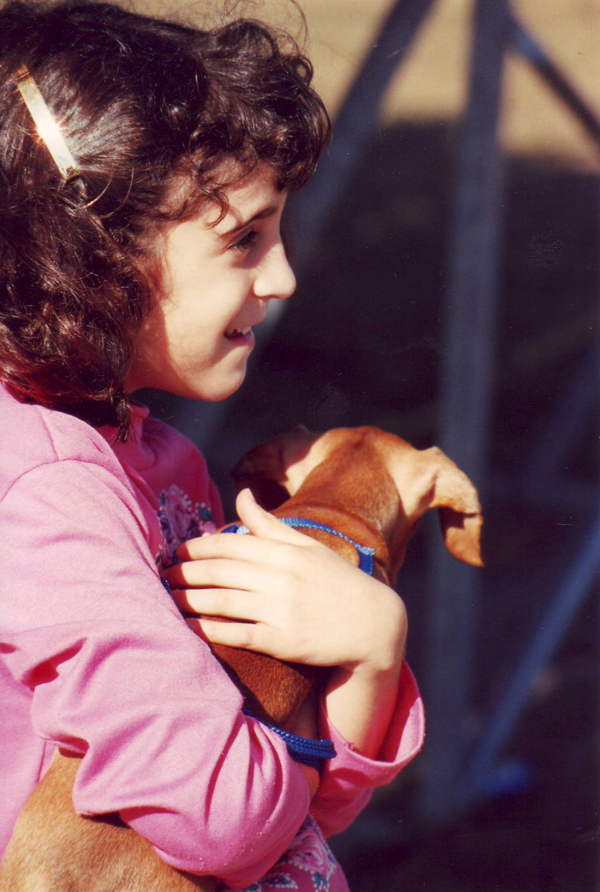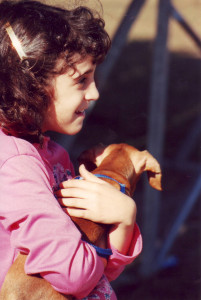On my way to work this morning, while stuck behind a red minivan whose driver drives too slowly for my taste, I came to the realization that for at least three reasons, life is like a highway.
1. It’s complicated. Groups (like families, office staffs, etc.) and roadways both are complicated systems. Every person within these always-moving systems is a unique conglomeration of the following: behaviors and communication styles learned in his or her family of origin, expectations fostered by the environments in which he or she grew up, the presence of certain skills and abilities and the absence of certain skills and abilities.
To that, add the person’s locus of control (if it’s internal, he or she believes his or her own behaviors determine the things he or she experiences; if it’s external, he or she believes the things he or she experiences are determined by other people’s behaviors.). Then add attribution theory (the idea that people live like when something bad happens to me, it’s because of my circumstances and when something bad happens to somebody else, it’s because there’s something wrong with that person). Plus pathology (mood disorders, anxiety disorders, personality disorders, psychotic disorders, etc.).
Then, (as if it’s not overwhelming enough to know that every single person by whom we’re surrounded in groups and on roads is just ONE of those unique conglomerations) add the fact that we are often egocentric — that is, we tend to assume that everybody else is the same kind of conglomeration we are (i.e. the time I was 15 and in English class and my teacher mentioned the turkey she planned to prepare for Christmas dinner. I said, “Um…you eat turkey on Christmas?” and she and all my classmates said, “Pretty much everyone does.” Until she shattered my egocentric view of Christmas dinner, I assumed all Americans, like my family, eat Italian food on Christmas.).
Now, strap yourself to a bunch of people who know nothing about your conglomeration and about whose conglomerations you know nothing, either. That’s life. Often, you’re surrounded by people you don’t get (and who don’t get you). You don’t meet each others expectations, nor can you empathize with eachother about it. This can be chaos, but it happens when your family merges with another in marriage, or when you work in an office, eat at a restaurant, stand on a line or stop and go in stop-and-go traffic.
2. You will be wronged. Injustice is inevitable in life and on the road. You try to communicate, and somebody doesn’t pick up what you’re putting down. Others pretend not to hear what you’re saying — whether you’re speaking it in words or in gestures — in favor of passive aggression. When you don’t try to communicate, people read into what you aren’t even saying. People do things that directly, negatively impact us and don’t notice. Other people do things that directly, negatively impact us, are entirely aware of it and don’t care at all about how it affects us. And we often do one or both of the same to other people.
It’s because of our conglomerations. It’s like when a wife expects her husband to do XYZ even though she’s never expressed “I would like you to do XYZ.” She speaks in code (or doesn’t speak about it at all) and gets angry or hurt when he doesn’t do what she wants. It’s also like when we assume we know other people’s codes (when the wife loudly bangs together the pots and pans she’s washing in the sink and while she only does that because the sink is small and for no other reason, the husband becomes anxious because he assumes she’s banging the pots and pans because she’s mad at him). The problems with this are a) we don’t know each other’s codes because b) we don’t know each other’s conglomerations and c) as egocentric people, we subconsiously assume that we do. In the wife’s family of origin, husbands knew to do XYZ without being told. But in her husband’s family of origin, no man ever did XYZ unless a woman asked. And in her husband’s family of origin, if dish-washing was loud, it meant his mother was angry. But no one in his wife’s family of origin ever took out anger on cookware.
3. You have choices. While you drive, and you’re — say — stuck behind a red minivan whose driver drives too slowly for your taste, you have choices. You can flail your arms at them like a madman or -woman (if you’re willing to take a gamble that the driver is not the kind who grew up where, when somebody flails their arms at other drivers, they flail shot guns in response). You can tailgate. You can call your friends and complain about it. You can slow to a safe speed and wait until there’s room to pass (and you can accept it if sharing the road with this person turns out to mean you don’t always get to drive as fast as you’re comfortable).
Being on a highway (or in a world) where everybody experiences everything in an entirely unique way means everybody has to adapt. Period. It’s unreasonable to expect everyone else in the system to see and do things the way you do. Expecting that is expecting the system to revolve around and cater to you. Sometimes, we get to do what we want without incident. Other times, nothing works out the way we’d choose. And if a person keeps up unreasonable expectations, he or she can expect to perpetuate the parts of this process that piss most of us off. But approach it with flexibility, and you might just prevent us from reliving those parts over and over again.



